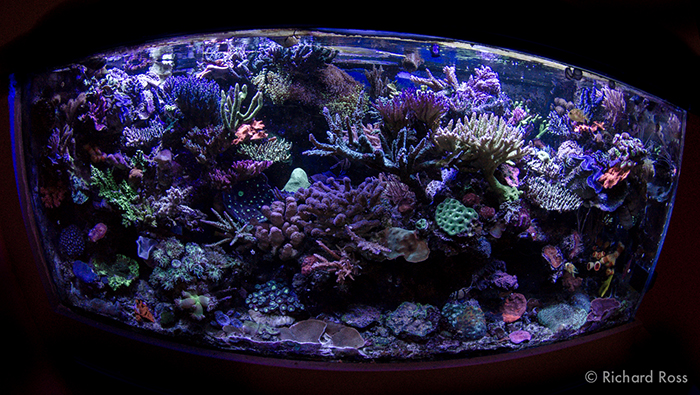- Joined
- Jan 17, 2016
- Messages
- 545
- Reaction score
- 1,152
Hi , I have always thought that new salt mixes have zero phosphates is there a table for DD ,DD dosing salt ,TMPR and biactif , Red Sea blue bucket etc . The reason for asking is my tank is 0.08 to 0.1 using Hanna tester and varying results from different icp tests so i have been trying to reduce it to 0.03/0.04 using different media and water changes ( and all RO filters and resin replaced)with little success. At present i am using the DD dosing salt so tested a new batch which had 0.05 phosphate level so hence the question is there a manufacturers table showing levels i each salt .thanks




















